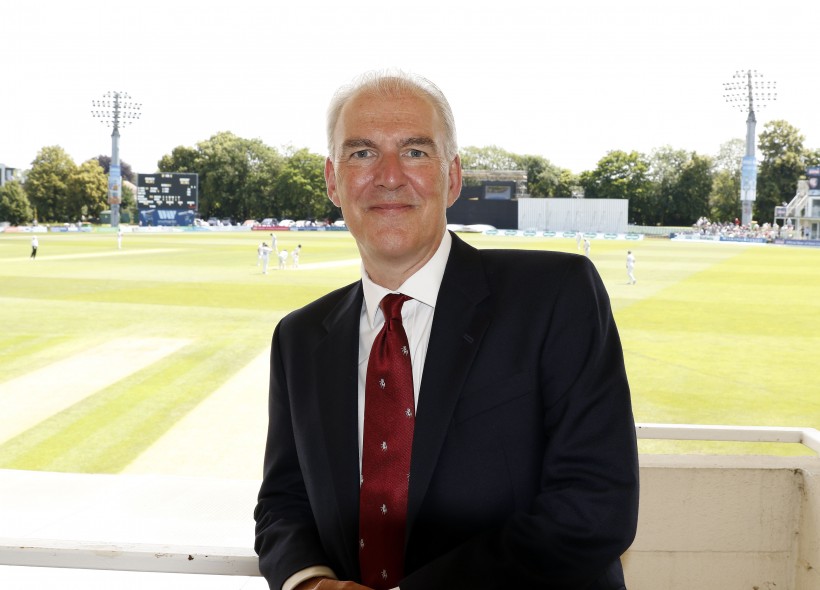Kent Cricket’s Chair, Simon Philip has spoken of his desire for the club not to become irrelevant following the publication of the ECB’s High Performance Review.

Wholesale changes to the way cricket is structured including the amount of Championship games are played, the reduction of Division One to just six teams and the playing of Championship games in every month of the season are all suggestions put forward under the review.
The men’s High-Performance Review (MHPR) has today published its final report in which it has set out 17 recommendations for cricket to consider and implement.
With Kent likely to be heavily impacted if all of the changes are made, the club have issued a statement through their Club Chair.
Commenting after the publication of ECB’s High Performance Review led by Sir Andrew Strauss, Kent Cricket’s Chair, Simon Philip, said: “The Strauss Review is a wide-ranging and comprehensive document. However, it should be remembered that it has been prepared through the prism of High Performance only.
“The two key areas for our Club – domestic structure and scheduling – remain within the discretion of the 18 First Class Counties. Within this group, we will now consider issues such as the needs of all our Members, supporters, players and stakeholders, the financial impact, the unintended consequences and the possibly irrevocable change to the essential nature of County Cricket.
“Kent Cricket is a fundamental part of our community, committed to supporting the growth of the Men’s and Women’s game at all levels.
“We continue to deliver success on the field, produce players for England and support one of the largest recreational and schools cricket populations in the country.
“We will not allow our Club to be rendered irrelevant.”
Men’s High Performance Review Lead, Sir Andrew Strauss, said: “I am delighted that we are today able to publish the report, which sets out the fundamental changes that we believe are needed to achieve sustained success for our England Men’s team and to enable the men’s domestic game to evolve in the face of a rapidly-changing environment for cricket globally.
“The game must be united if we are to achieve those ambitions and we must be open-minded to change. The most consistent message we have received, from players to fans and coaches, was that the status quo is not an option.
“I encourage people to consider our proposals as a package, and I welcome the opportunity for informed debate on the recommended changes to the men’s domestic structure.
“There are no easy answers on the men’s domestic structure. The recommendations have prioritised a more coherent schedule which is more manageable for overworked players, coaches and groundstaff while providing the quality and quantity of cricket that fans want to watch and which meets our high-performance objectives.
“That includes playing first-class cricket in each month from May until September, increasing the standard and intensity of the LV= Insurance County Championship and ensuring more opportunities for the best players to play across all domestic competitions.”
ECB chair, Richard Thompson, said: “The ECB Board and Executive unanimously support the men’s High Performance Review’s recommendations.
“This is a significant piece of work that has the potential to benefit all parts of the men’s professional game.
“The depth of analysis and detail provides clear guidance at a time cricket faces much uncertainty and, importantly, at its heart recognises that a thriving men’s domestic game is the foundation for sustained success on the international stage.
“The majority of the recommendations fall to the ECB to deliver and I look forward to beginning that process now.
“Decision-making regarding the recommendations around the men’s domestic structure ultimately belongs to the First-Class Counties. It is now right that they are given the time to digest those recommendations before consulting their members, staff and other stakeholders.
“We are aware of the challenges within many counties over the reduction in red-ball cricket in particular. Those concerns have been taken on board and reflected in the recommendations. If there is a reduction in the volume of cricket for a sensible and workable schedule along with seeing the best players more often, I believe that is a good trade-off, particularly as it will improve England’s chances of success in the future.
“It is important that heading into next season that the First-Class Counties are aware of what they are playing for in 2024.”





